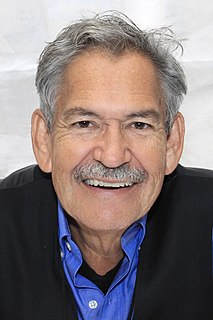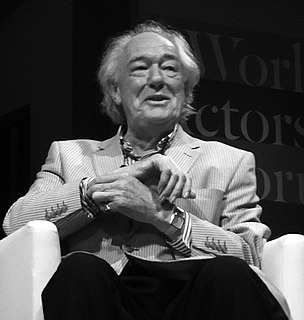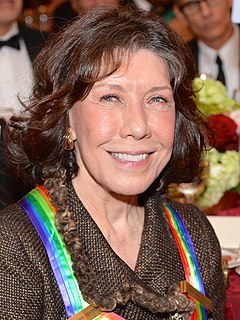A Quote by Steve Pavlina
Are you one of those people who notices the problems of the world and says ... somebody ought to do something about that? Why not you? If you feel a strong urge to see a problem fixed, then why not act on it?
Related Quotes
Why me? Why did this happen? How could I be in Westlife and then have nothing to show for it financially at the end of it? But it's like, why not me? That's just life. It's tough. There's a lot more problems in the world. There are a lot of people who would wish to God they had my problem instead of having a sick child.
I am at my happiest when I'm problem solving and a large part of writing is for me a lovely labor in problem solving. Every act of discovery in writing involves a process of figuring out why I'm not seeing what I need to see. Niggling feelings, discomforts, a sense that you've forgotten or overlooked something, a sudden curiosity about what if here? - these are priceless. They are the bases of problems and lead the way.
A genuinely persuasive argument does not merely tell you that you are wrong about everything. It doesn't just beat on you from the outside. It comes inside your belief system, as it were, and affirms something you believe strongly. And then it says - well if you believe this (A) then why in the world can't you see that B is true?
Somebody insults you and you feel anger. Don't miss this opportunity; try to understand why, why this anger. And don't make it a philosophical thing. Don't go to the library to consult about anger. Anger is happening to you -- it is an experience, a live experience. Focus your whole attention on it and try to understand why it is happening to you. It is not a philosophical problem. No Freud is to be consulted about it. There is no need! It is just foolish to consult somebody else while anger is happening to you. You can touch it. You can taste it. You will be burned by it.
I would never join the Tea Partiers, because I don't have a problem with the color of Obama's skin. I don't have a problem with immigrants. You know what I mean? I do have genuine problems with policy and government corruption. Sure I do. And I speak very candidly about that, regardless of who's in office. But since the Tea Partiers are ridiculous, why would I urge anyone to participate with them?
When I find too many puzzles about the way explanations are given about why there is inequality - why people who work the hardest in the world end up being the poorest - I can't just sit back and not try to understand why the gaps between people are increasing, or why there are so many homeless and hungry people in the world.
This is not just a simple story of "money can't buy happiness." Or maybe that's just what it is. And if it is, why shouldn't it be? Because if this is something we are already supposed to know, then why don't we know it? Why do we chase and scrabble and fight for things to flaunt, why? Why do we reach for power over other people, and through the thin superiority of our possessions, believe we have it? Why do we let money make people bigger, and allow those without it to be made smaller? How did we lose the truth in the frantic, tribal drumbeat of more, more, more?
I’m curious about things that people aren’t supposed to see—so, for example, I liked going to the British Museum, but I would like it better if I could go into all the offices and storage rooms, I want to look in all the drawers and—discover stuff. And I want to know about people. I mean, I know it’s probably kind of rude but I want to know why you have all these boxes and what’s in them and why all your windows are papered over and how long it’s been that way and how do you feel when you wash things and why don’t you do something about it?



































